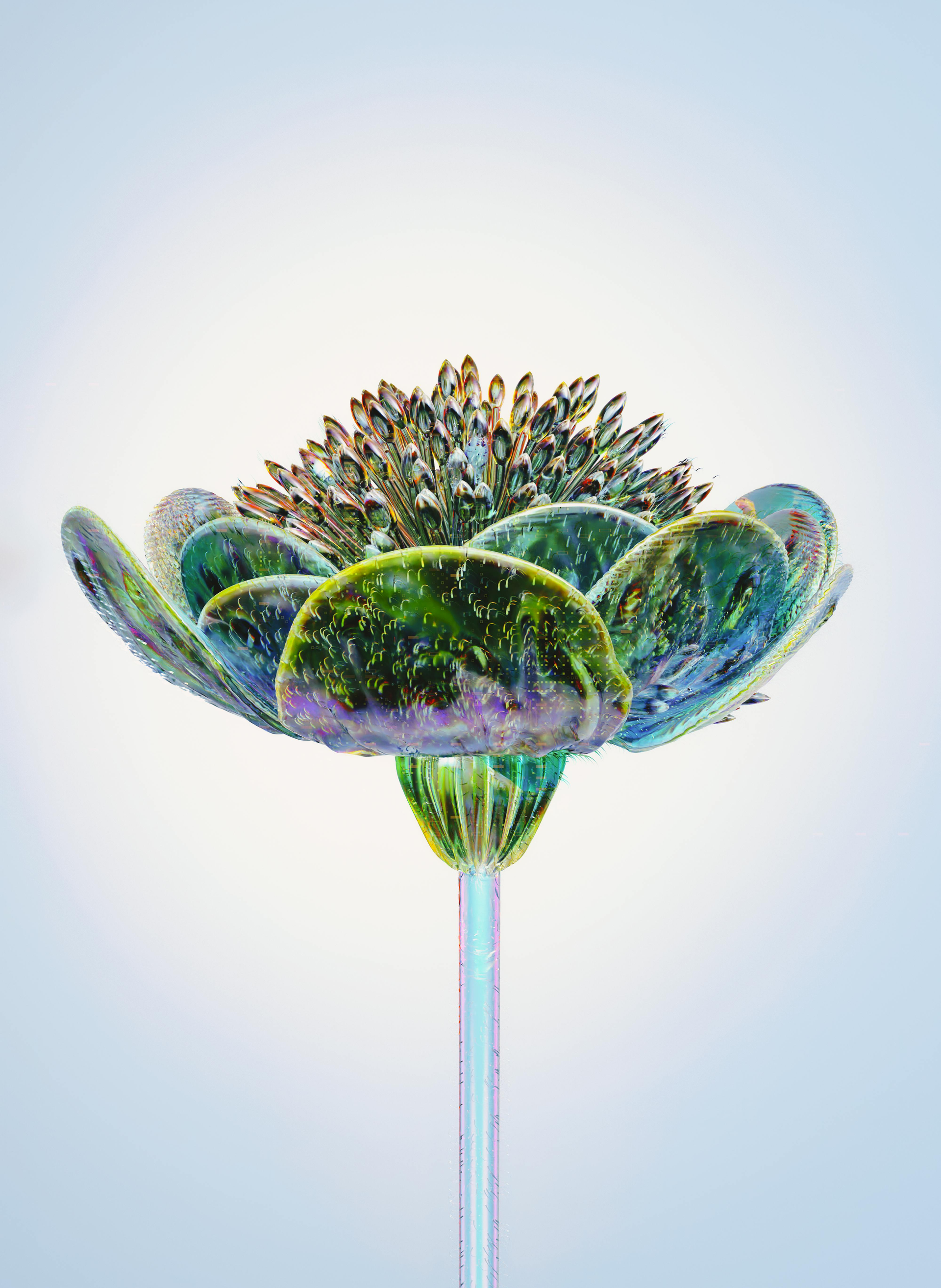Choosing a Postpartum Midwife in Switzerland
You can always wait until you get assigned a postpartum midwife- but why not optimize this choice?
Finding a postpartum midwife in Switzerland does not need to be a challenging or confusing experience.

Postpartum midwives usually come to your home the day after you return from the hospital or birth centre, and insurance covers 10-16 home visits (and more if needed) within the first 56 days of the baby’s birth. They help in so many ways, for example, checking the health of the mother, the baby, assisting with feeding, mental health check-ins and with the first steps to family life. Unlike other countries, you don’t need to go to checkups at the paediatrician's office in the first days and weeks of the baby’s life, because of the home visits midwives do in Switzerland. Remember that you always have choice and if you don't want the assistance of a postpartum midwife, or if you don't want them to come for all the 10-16 visits your insurance entitles you too, that is your choice.
It’s a good idea to “shop around” and research a few different midwives and even interview a few. Understand that visits before the baby is born are not usually covered by insurance, so it may be best to talk on the phone, look at testimonials and feel comfortable changing your mind if something doesn’t feel right, even if you do meet in person. The relationship with a postpartum midwife is very important, so don’t rush this decision.
Many postpartum midwives come with prior knowledge and professional developments like: prenatal and postnatal yoga, baby wearing, breastfeeding (you may see the letters “IBCLC”, this means they are an international board certified lactation consultant- a professional designation, which is the same as the lactation consultants in hospitals), birth debriefing sessions, closing the bones ceremonies and so much more.
The key to success is to start the search early on, sometime in the second trimester, or earlier if you are looking for a home birth, birth centre or midwife who will accompany you at the birth in hospital (this is rare and only some hospitals have this practice, called Beleghebamme in German).
These are the most comprehensive search engines for postpartum midwives in Switzerland. Most of these websites are only in Switzerland’s national languages. However, it is easy to find midwives who speak English, and many have other languages too. Check their website for detailed information to find out the languages they speak. I recommend that, if you aren’t confident in German or French, to install a translation tool on your web browser before viewing these links:
https://www.swissmom.ch/de/links/links-zu-hebammen-13987
https://familystart.ch/ (Basel Area)
https://www.familystart-zh.ch/de/start (Zurich)



